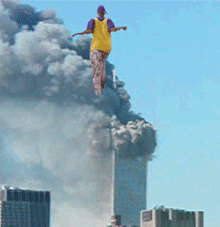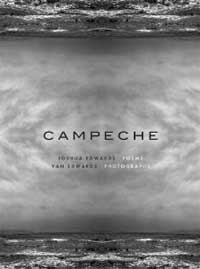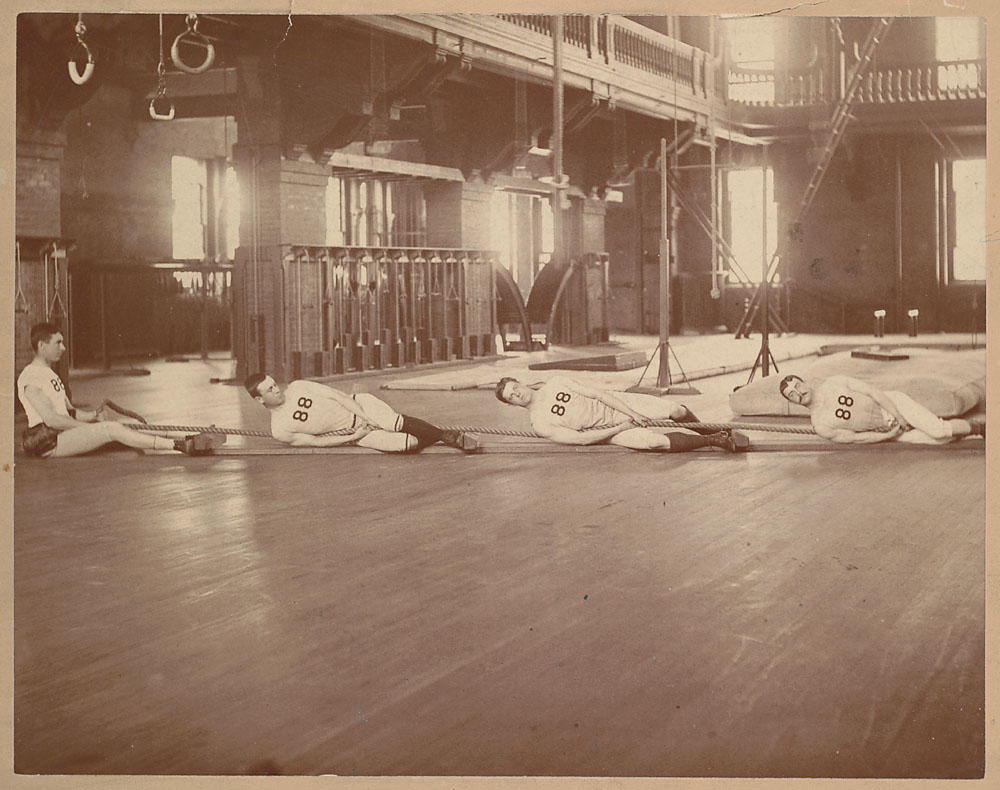Sunday Service
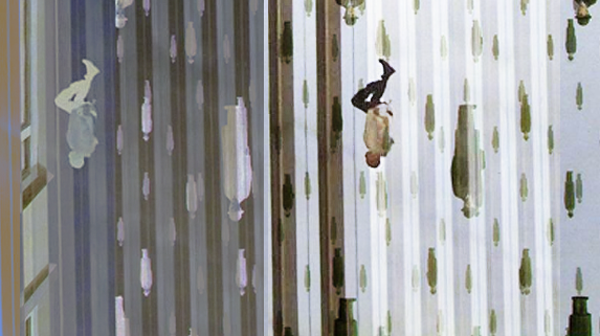
In 1953, Rene Magritte painted a large group of intricately organized near-identical men suspended in the air, their somewhat weary context solely established next to a building, named “Golconda” after the ruined Indian capital of the ancient Kingdom of Golkonda (c. 1364–1512). The city was built by a Hindu king, and later conquered by an Islamic kingdom. Religion is the impossible imperative of possibility. When Donald Rumsfeld said “the absence of evidence is not the evidence of absence,” he was referring to absent weapons of mass destruction, though I consider such invocation an invitation to God, or at least the idea. Buddhism’s genocide smear record is less red than Islam and Christianity, but it’s so very easy to close your eyes and meditate and to want nothing. Buy a bath robe at Target and you’re almost home. “I don’t know if God exists, but it would be better for his reputation if he didn’t,” goes Jules Renard, and I imagine Oscar Wilde or Woody Allen moving such lips. The eloquent writer, myself included on a good day, may well be an asshole. In 2001, exactly 10 years ago this restful Sunday, an unknown man, among many other fallen (literally) ones, was captured by someone’s camera lens in his growth towards his concrete demise, a descent man no doubt. The image is more striking than others: the passive restraint of his limbs; the vertical backdrop cast by the edifice from which he had recently departed; the stately gravity of a non-angel. He does not flail nor mime an impossible flight with the skeletal wings of a human arm. Tilt the image 90° clock-wise and he seems to be resting comfortably on a mattress, some mild nightmare about being forced to jump out of his office window the next hypothetical morning, a Tuesday ’twas. Surrealism purports non-rational significance, meaning a bunch of people can’t just hang out gracefully in the air. They must, as grand spiritual vectors, ascend or descend. Falling is not falling, but a small object’s migration towards a larger object. Newton killed God, Einstein killed Newton, and Nietzsche tried to catch up. An object falling freely towards the earth’s surface increases in velocity by 9.81 m/s (22 mph) for each second of its descent. In a vacuum, of course. Ignoring air resistance, those subtle wisps of buoyancy felt in one’s shirt, as hands of angels or ghosts.
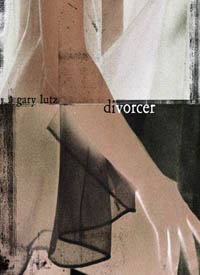 Divorcer
Divorcer
